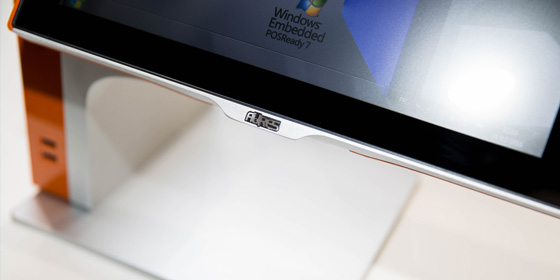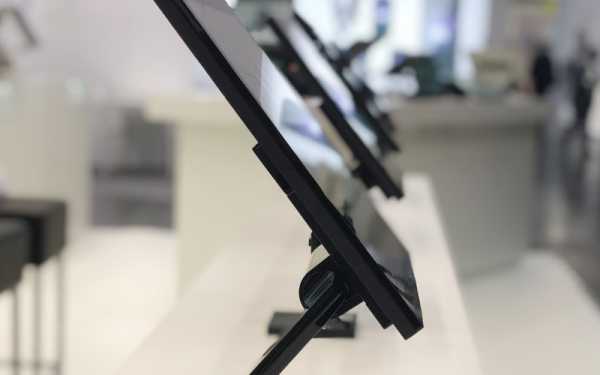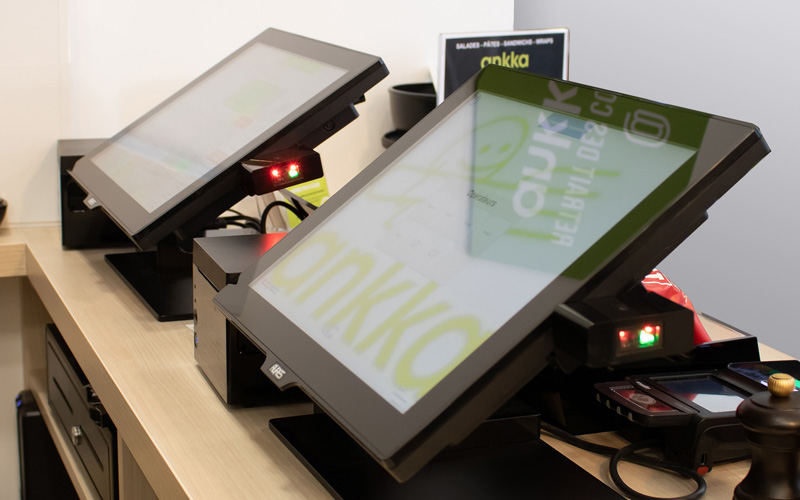Cost efficiency is one of the great preoccupations of every business. It’s real Business 101 stuff – if you want to turn a profit, you need to make sure your revenues are higher than your operating costs.
When it comes to buying in new technology, that’s why businesses are so focused on what kind of returns they will get their investment (ROI). What you pay for a new system up front has to be balanced against the impact it will have on the company’s bottom line.
If the long-term returns you can expect to get in terms of increasing revenues and/or driving down operating costs through efficiency gains are considerably higher than the price you are paying, great – that’s the kind of investment you want to make.
But business people tend to be naturally conservative when it comes to money. Up-front purchasing costs for technology are very real and immediate – projected returns are all hearsay and guesswork in some dim and distant future. It’s common for business spending decisions to err on the side of caution.
Price always plays a key role in purchasing decisions. Invariably, it’s lower cost that wins out.
You can understand why this is the case. But that doesn’t mean it makes for sound business thinking. By hedging your bets and trying to lower your initial capital cost risks with a cheaper purchase, you could be missing out on far greater performance gains that a more expensive, higher spec alternative would bring.
Plus, cheaper solutions tend not to offer the same operational lifespan as more premium-priced products. They often have more performance issues and require more maintenance, pushing up operating costs.
The emergence of Software-as-a-Service (SaaS) business solutions has muddied the waters a little, as the expectation with cloud-based services is that you can get exceptional cost efficiencies without any impact on performance.
But buying in software-based solutions is very different to investing in the hardware you need to run them on. These days businesses can access premium quality EPOS applications for very affordable prices. But you still need the checkout terminals, you still need the kiosks, you still need the network infrastructure to run them on.
With EPOS hardware, the facts are simple – better quality, higher cost products give you better value in the long term. Here’s why.
Understanding the real costs of running an EPOS system
Ultimately, it all comes down to total cost of ownership (TCO). When you factor in support and maintenance over the operational lifetime of a piece of EPOS hardware, the initial purchasing cost on average only accounts for 34% of the TCO.
By focusing on the showroom price of a new set of EPOS hardware, you could say businesses are looking at the wrong thing. Two-thirds of the total cost of running those machines is going to come after purchase. If you want to talk about cost efficiency, that’s where you should pay the most attention.
We also know that, the cheaper the EPOS equipment you buy, the higher the operating costs will end up being on average. Let’s spell out what we mean here – cheaper terminals aren’t as well made and they experience problems more often than products at the premium end of the market.
It isn’t just the maintenance and repair costs you have to factor in here. The average cost of a single terminal failure in terms of lost productivity and revenue was close to £375 per hour.
Finally, we also need to throw in the longevity of a piece of hardware into the equation. The longer an EPOS terminal lasts you, hopefully without requiring lots of ongoing maintenance, the more opportunity it has to give you a better return on your initial investment.
Again, it comes down to build quality, resilience and performance – just as cheaper hardware is more likely to experience faults and outages, it is also more likely to reach the end of its operational life much sooner. So yes, it might have been cheaper upfront. But then you have to invest that money in a new system all over again much sooner than you would if you had spent the extra on a better-quality product.
At AURES, we focus squarely on performance, reliability and longevity with every EPOS product we manufacture. We make no bones about the fact that, as a result, our equipment might cost a little more than what you can find from rival vendors.
But when all is said and done, we guarantee that better quality wins out with better value. Less maintenance, more uptime, and optimised performance over a longer period of time – that’s when you can be sure of getting the ROI you desire.





